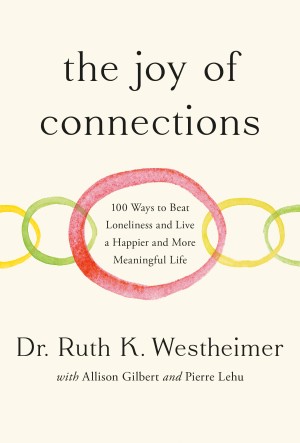Solomon Fields is a man divided: he has an artistic soul nurtured by his free-spirited grandmother that once brought him into the world of art journalism, but also a pragmatic brain cultivated by his Marxist-turned-neocon mother, which later landed him in the superficial, yet financially rewarding, world of New York advertising. When a mysterious woman approaches him with an ambiguous writing opportunity that might rekindle his artistic leanings, he resists at first. But as his life becomes less satisfying, he agrees to visit The Coded Garden, a sort of artists’ colony overseen by a wealthy svengali.
The Coded Garden is filled with lush greenery and self-described artists spouting feel-good platitudes in their gated island paradise. But is it a peaceful ashram or a malevolent cult? While it’s immediately clear that there’s something less-than-wholesome going on at The Coded Garden, Maksik, to his credit, keeps readers guessing exactly what that is: it could be anything from an extravagant summer camp to the Island of Dr. Moreau; there are moments when it could easily turn into Jonestown, or The Blair Witch Project, or Fantasy Island, or simply a kibbutz. This ambiguity makes the narrative particularly compelling; it’s a hard book to put down.
Dualities abound in The Long Corner, and it’s frequently unclear which extremes are good and which are bad: ambition or contentment? Cruel honesty or bland kindness? The snarky cynicism of the New York art world, or the humorless earnestness of the Garden? Dualities also lurk in Solomon’s life even when he’s not on the island — right down to the twin inspirations for his name: King Solomon and German-Jewish artist Charlotte Salomon. The very question of what it means for Solomon to be Jewish is a debate between two opposing positions: his mother says they’re “secular Jews,” while his father calls them “historical Jews.” Jews are a race, or maybe they aren’t. Jews are white, or maybe they aren’t. It’s a question of heritage, or maybe it’s merely a disposition, as his father says: “That you even want to know what makes you a Jew makes you a Jew.”
Ultimately, it’s the duality within Solomon that matters most. Even as Sebastian Light, the enigmatic, pseudonymous creator of The Coded Garden — “a handsome man, a readymade guru” — refuses to answer the most basic questions about his own life, he challenges Solomon to define himself. Is he part of the artistic world, or part of its shadowy nemesis, as Light sees it: “New Yorkers. The media. The elites. The elect few making decisions about who gets attention, what is and is not quality, what is beauty and what is not.” In the end, figuring out his own position is Solomon’s only way off this island — metaphorically and literally.
Wayne Hoffman is a veteran journalist, published in The New York Times, Wall Street Journal, Washington Post, Hadassah Magazine, The Forward, Out, The Advocate, and elsewhere; he is managing editor of the Jewish magazine Tablet. The author of The End of Her: Racing Against Alzheimer’s to Solve a Murder, he has also published three novels, including Sweet Like Sugar, which won the American Library Association’s Stonewall Book Award. He lives in New York City and the Catskills.




